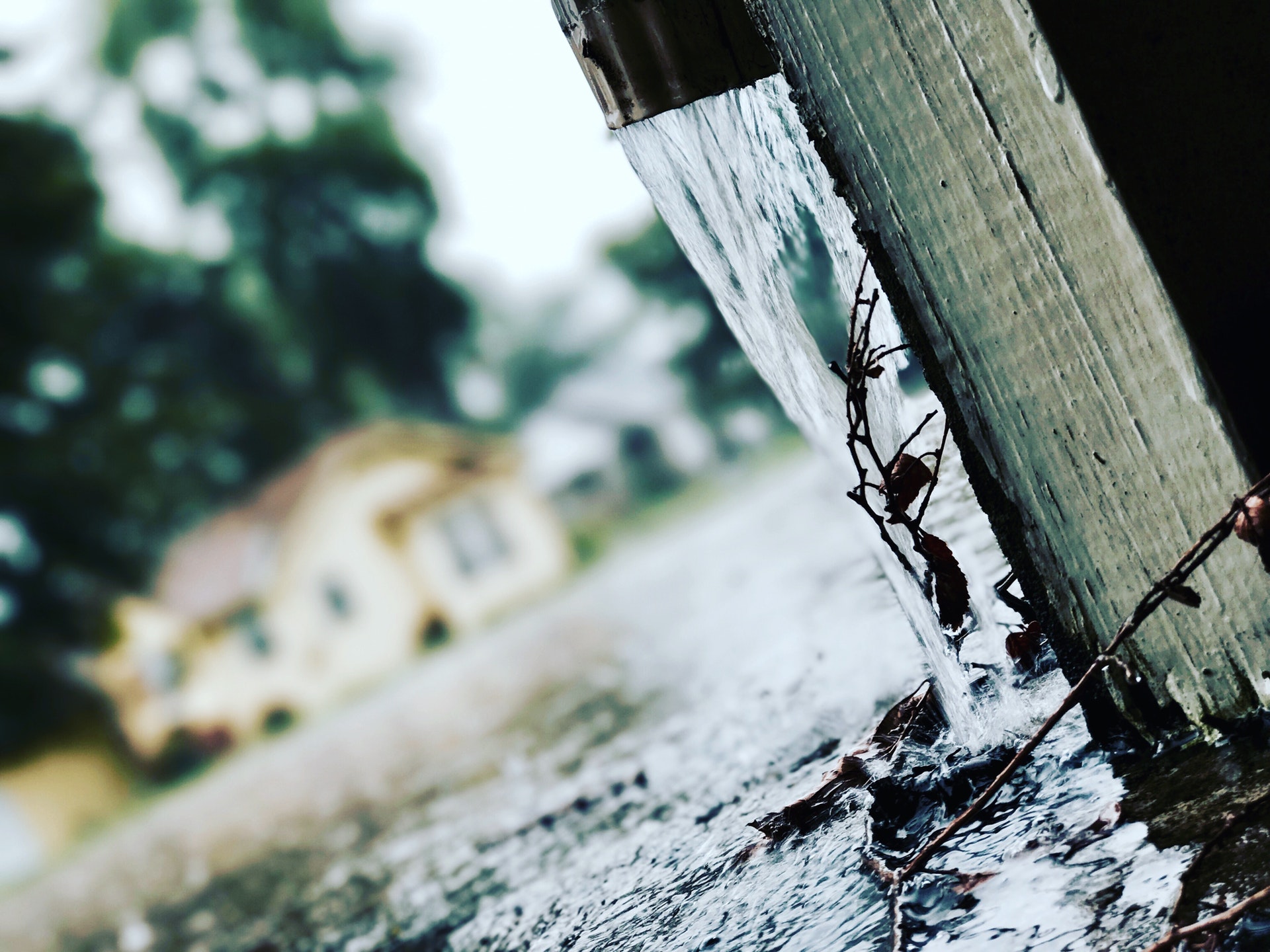10.8.2021
|
03:50 pm

Consider this scenario: You are a board member for an HOA that represents over 300 residents in a condominium complex of 20 buildings. In the early hours of a Thursday morning, you are awakened by a loud knocking at your door. You open it to find a frantic resident telling you that the building is on fire and that the fire department has evacuated 20 people.
You get dressed and go outside to see four units are actively burning and others significantly damaged. What are you going to do? As a board member, do you have a responsibility to take action? Do you know the plan?
Disasters, natural or man-made occur with alarming regularity. Disasters can occur without warning at any time of the day or night. There are many ways a disaster can detrimentally affect condominiums, planned unit developments, townhouses, single-family homes, or any other type of community development. Just like the above scenario, many residents could be displaced, buildings and facilities might need repairs or complete demolition, and reserve funds could be entirely depleted.
Governmental and public safety agencies have comprehensive plans for responding to and mitigating large-scale disasters or emergency events. Businesses have formal plans for responding to disasters, particularly when their employees, business continuity, and profitability could be compromised. Most HOAs, however, do not have any formal plans or specialized training to aid in responding to a disaster that impacts their property, property owners and/or residents. In fact, there are no mandates for HOAs to develop disaster response plans at all.
So then, why would an HOA consider developing a disaster response plan? A community association is a group of residents, neighbors, and most importantly people, and providing a plan for your community to better survive a disaster should be a natural extension of the board of director governance.
The most effective way to respond, at any level, to a disaster or emergency is to pre-plan the response roles and responsibilities. Just as it’s important to have an earthquake kit ready for when an earthquake strikes. Or a Hurricane preparation and evacuation plan when a storm system nears.
These unpredictable events present immediate and long-term considerations for an HOA board and its association manager, and the best way to handle them is with a plan. Without proper planning, simple events can become quickly overwhelming and burdensome for the board of directors and the affected HOA members.
Developing an emergency plan begins with knowing exactly what is expected of each member of the association. Ask the board of directors if they know:
If a board of directors can’t answer these questions, then the entire homeowner’s association is unprepared and at risk, if a disaster strikes. And these are just a few of the questions that will be asked after a disaster occurs. As a board member, you will be expected to have the answers.
The homeowners’ association attorneys at Stevens & Goldwyn, P.A. are experts in condominium law, contractual disputes, and HOA litigation. They specialize in representation for homeowners associations, assessment collection, foreclosures, civil litigation, and more.Stevens & Goldwyn, P.A. is located in Plantation, FL and provides services throughout Florida, including Fort Lauderdale, Miami, Palm Beach, Plantation, Pembroke Pines, Miami Beach, Pompano Beach, Hollywood, Aventura, and more.
Arrange a free, no-obligation consultation, where you can discuss your legal concerns with a partner of our firm. We look forward to answering your questions and seeing how we can meet your legal needs. Call us at 954-476-2680 or contact us online today.
Through a free, no-obligation consultation, you can discuss your legal concerns with a partner of our firm. We look forward to answering your questions and seeing how we can meet your legal needs.
Call 954-476-2680 or contact us online today.